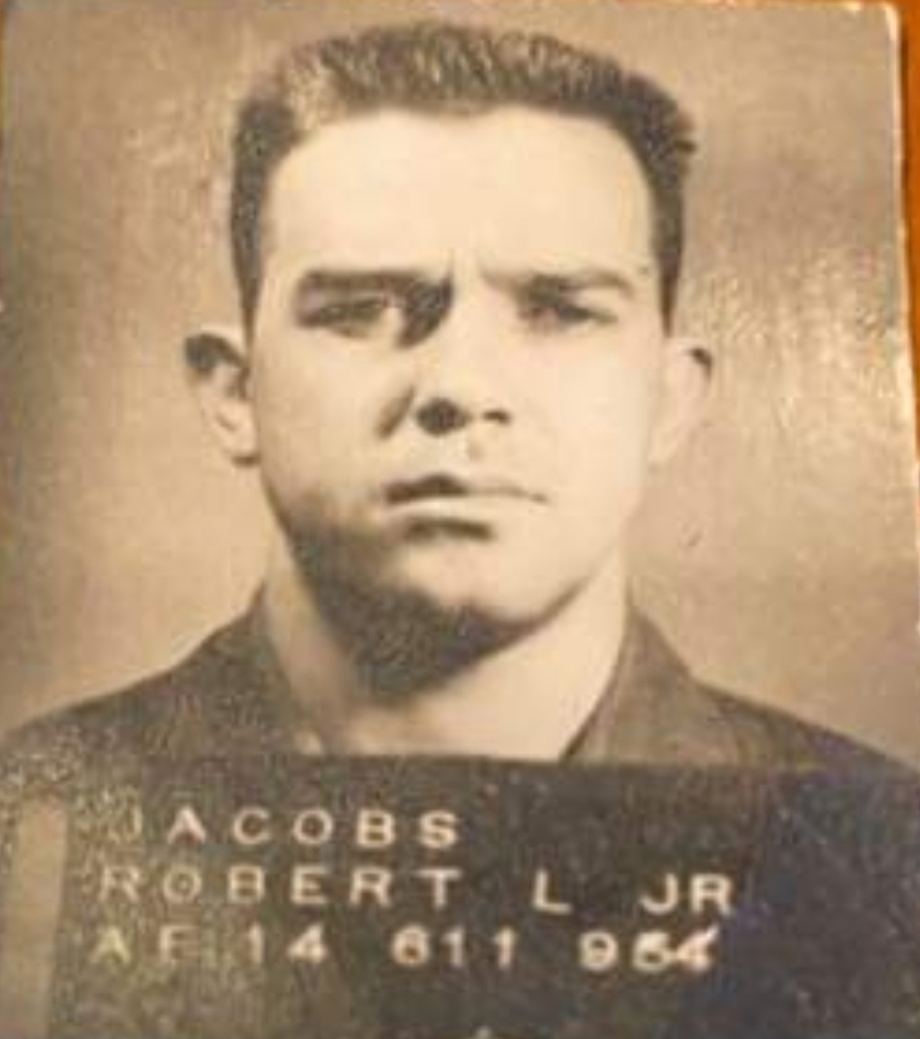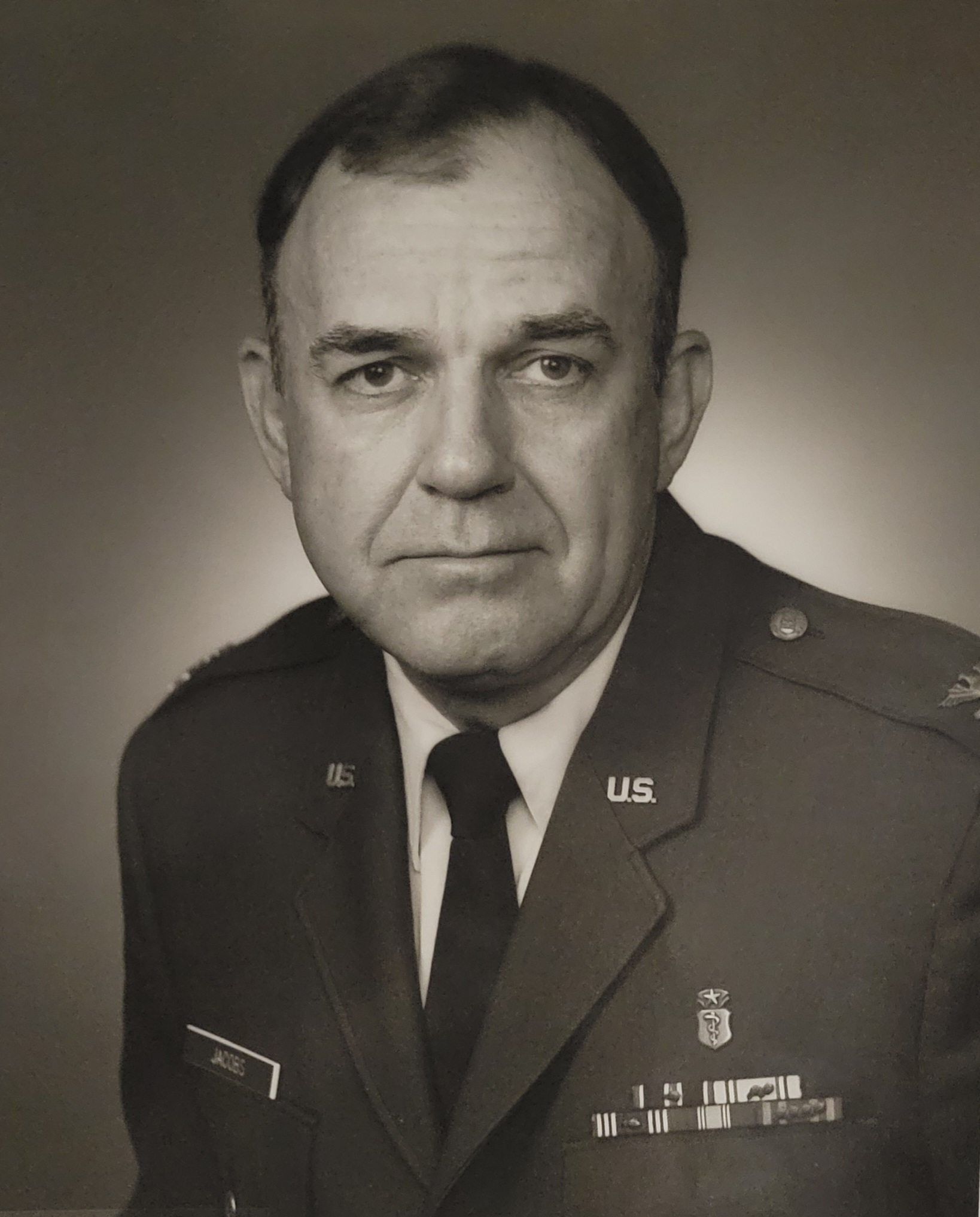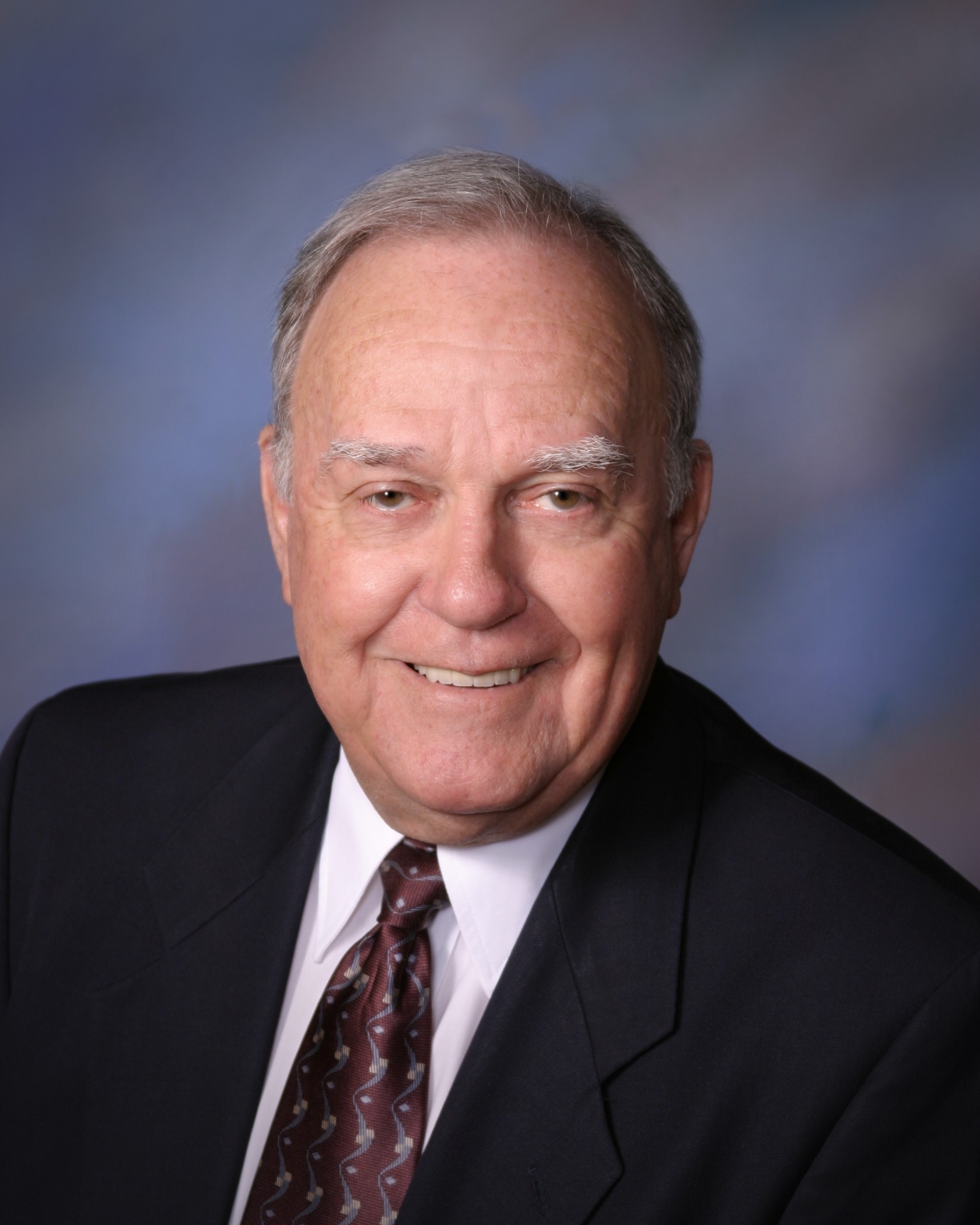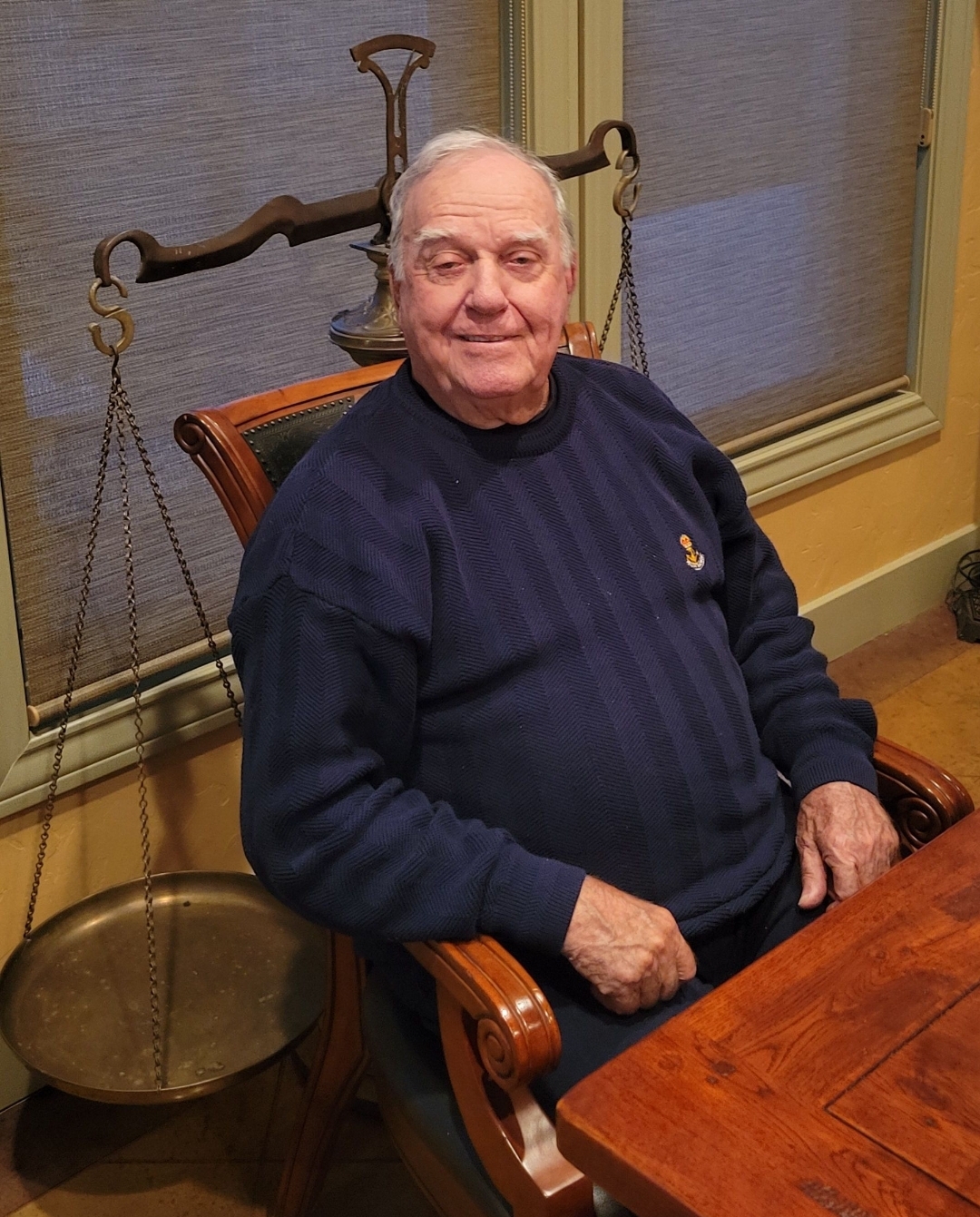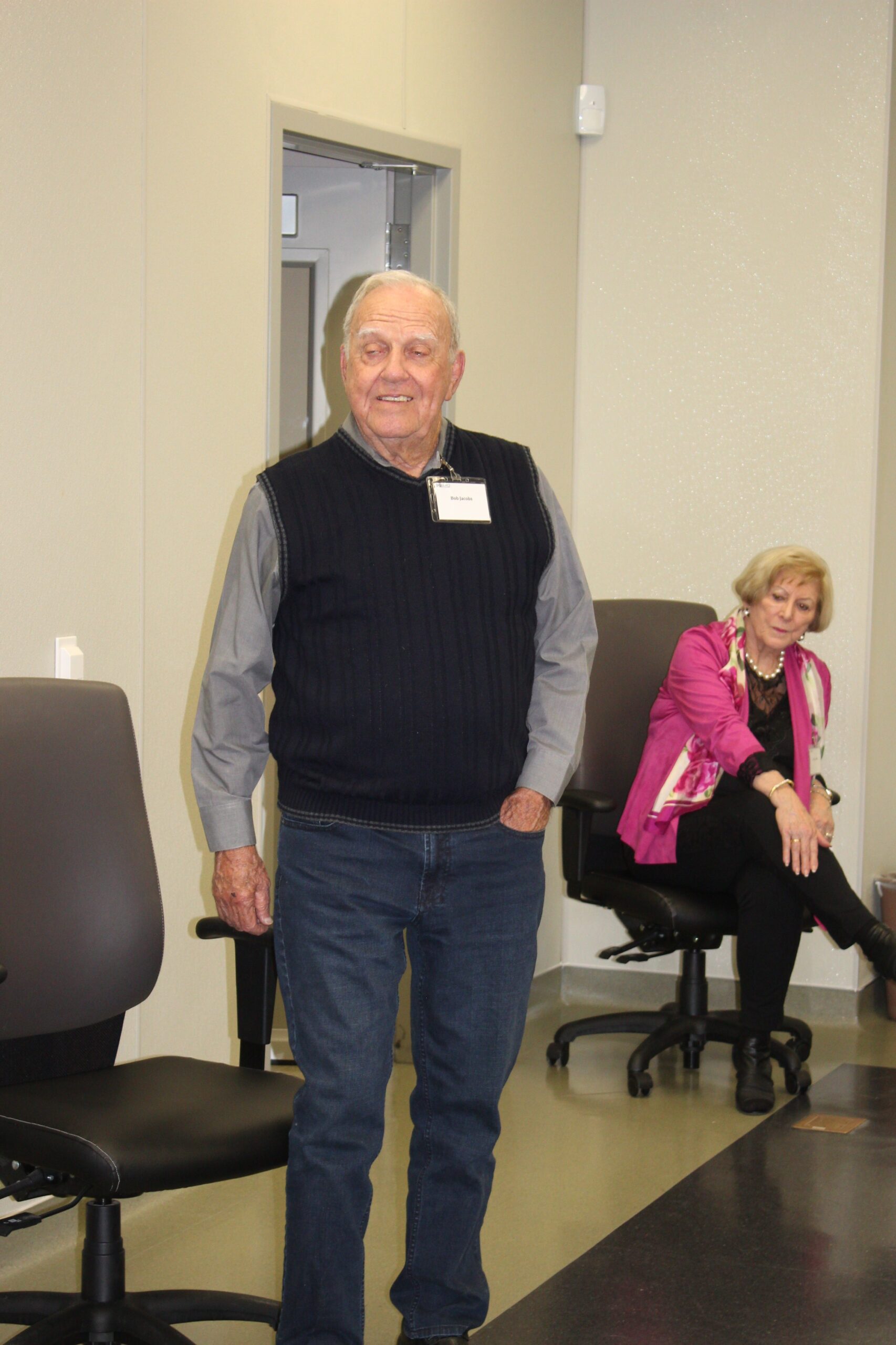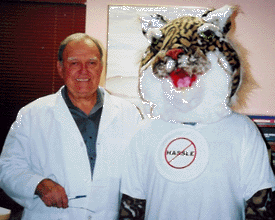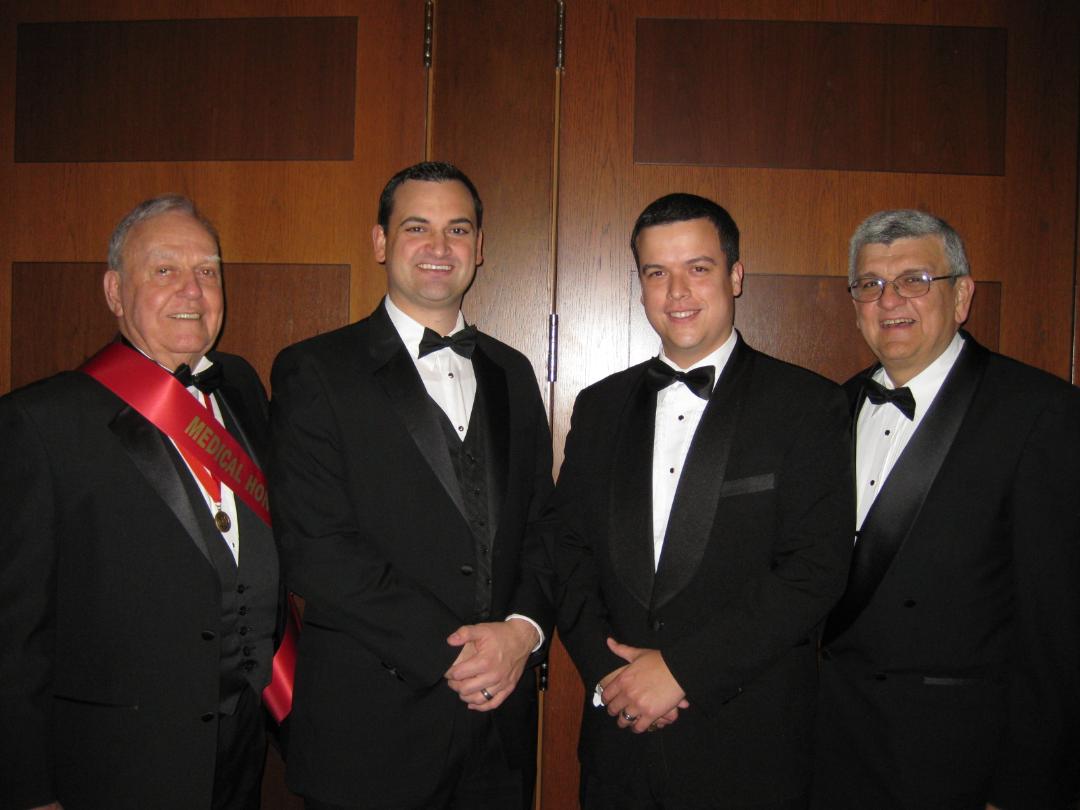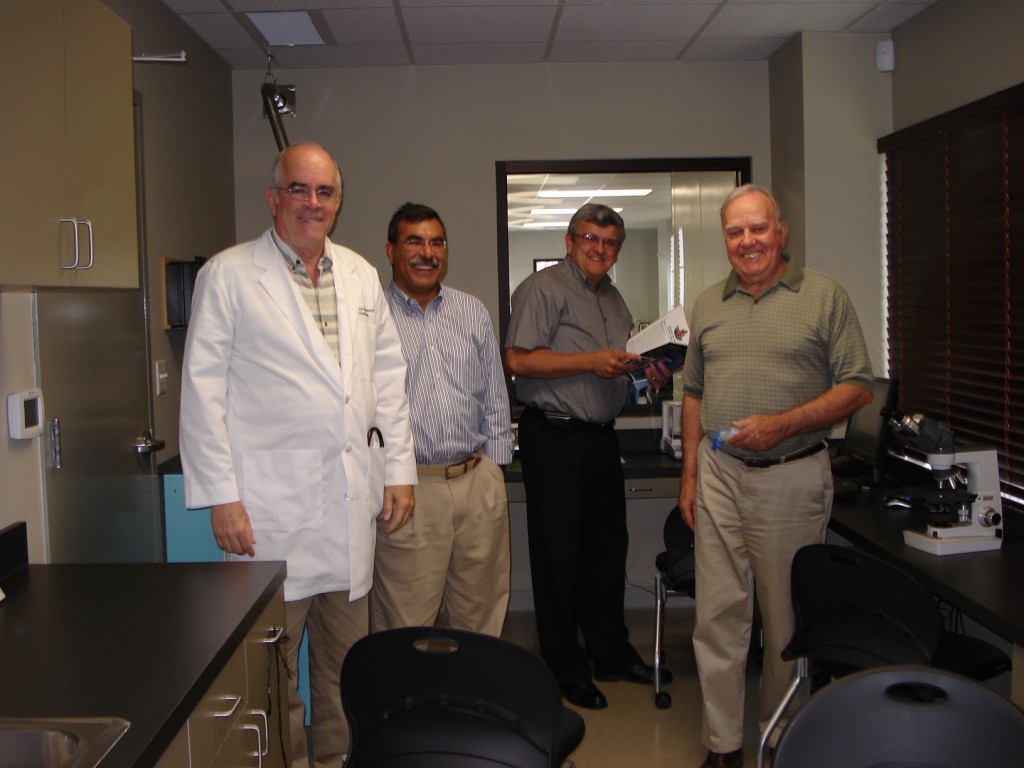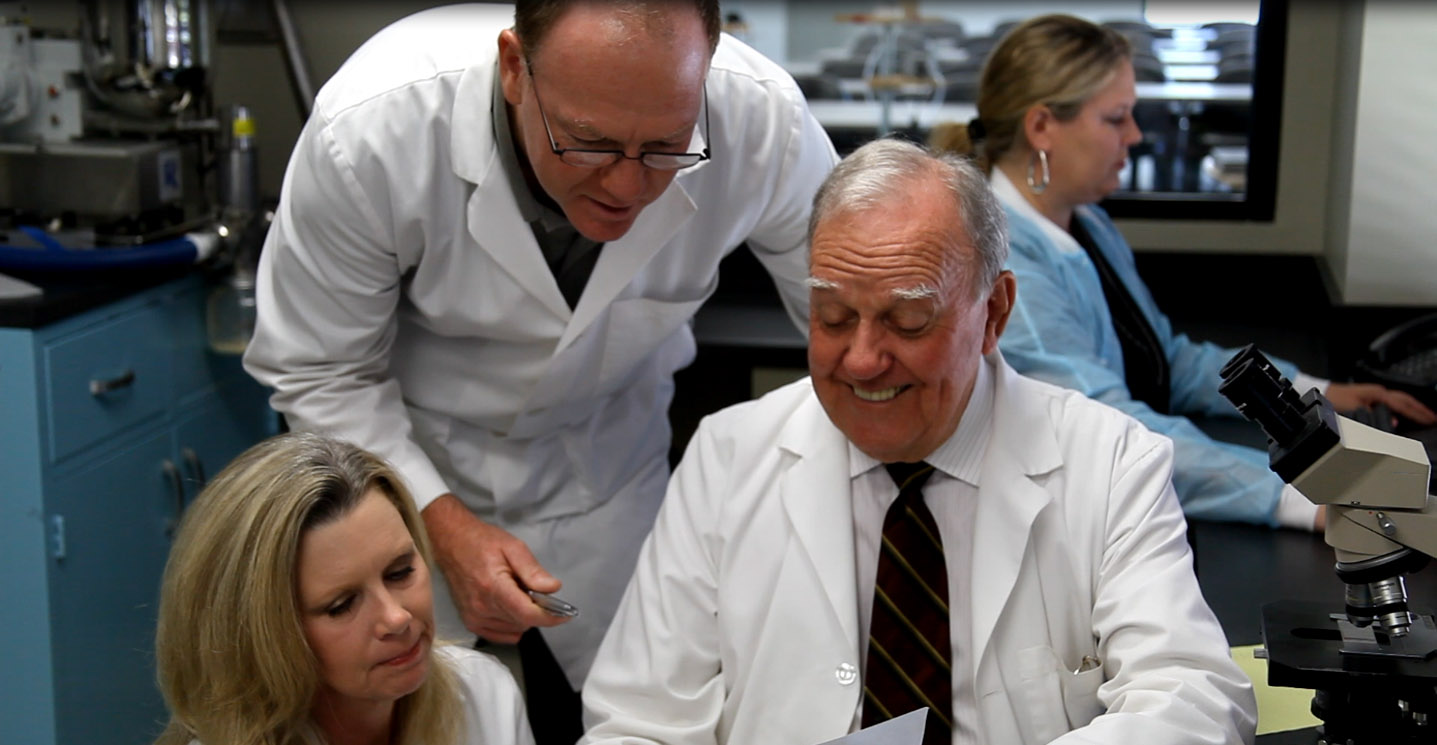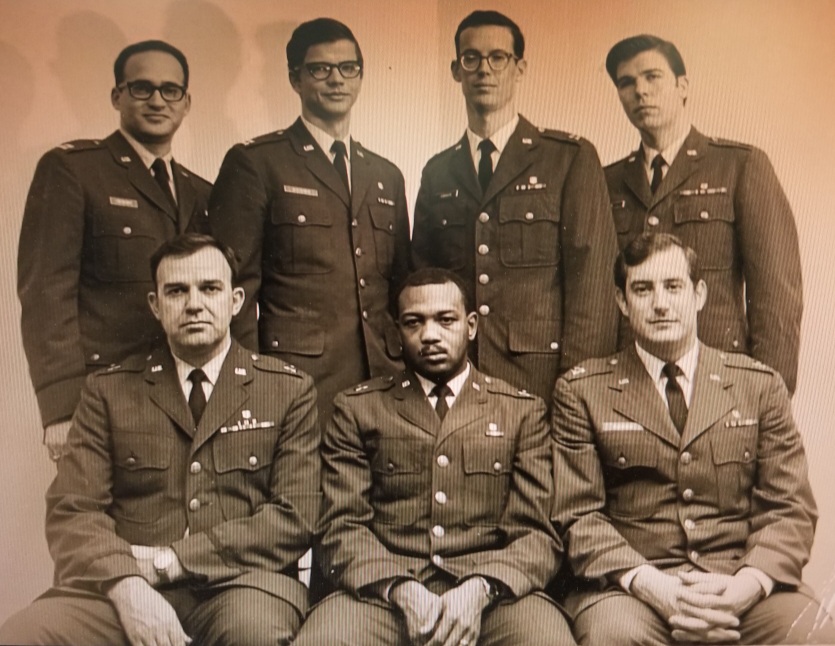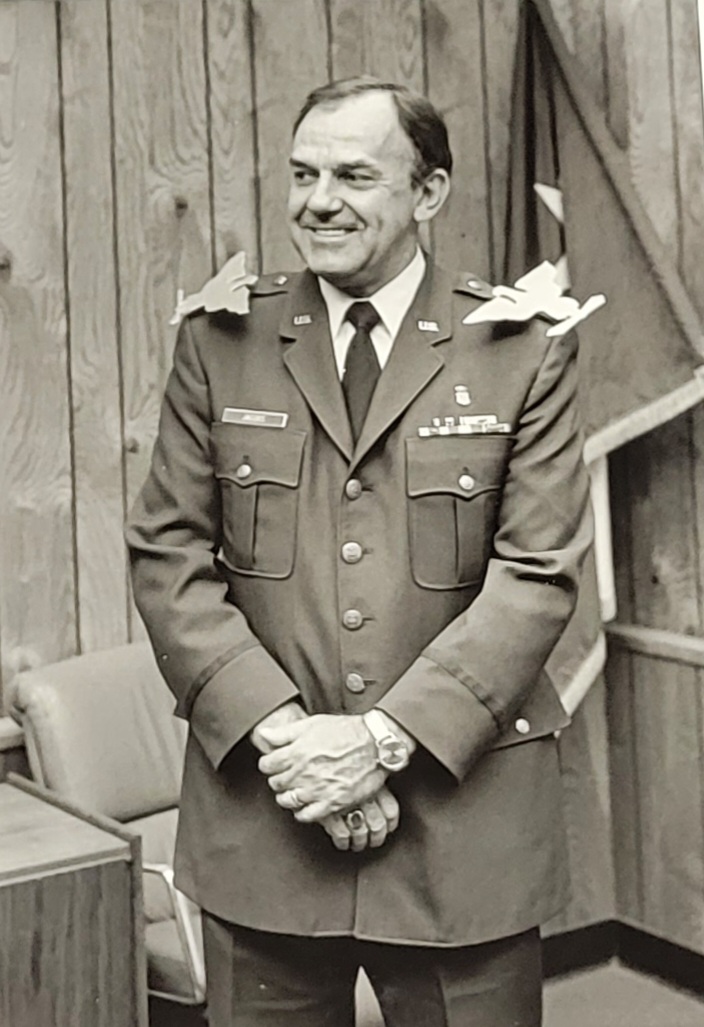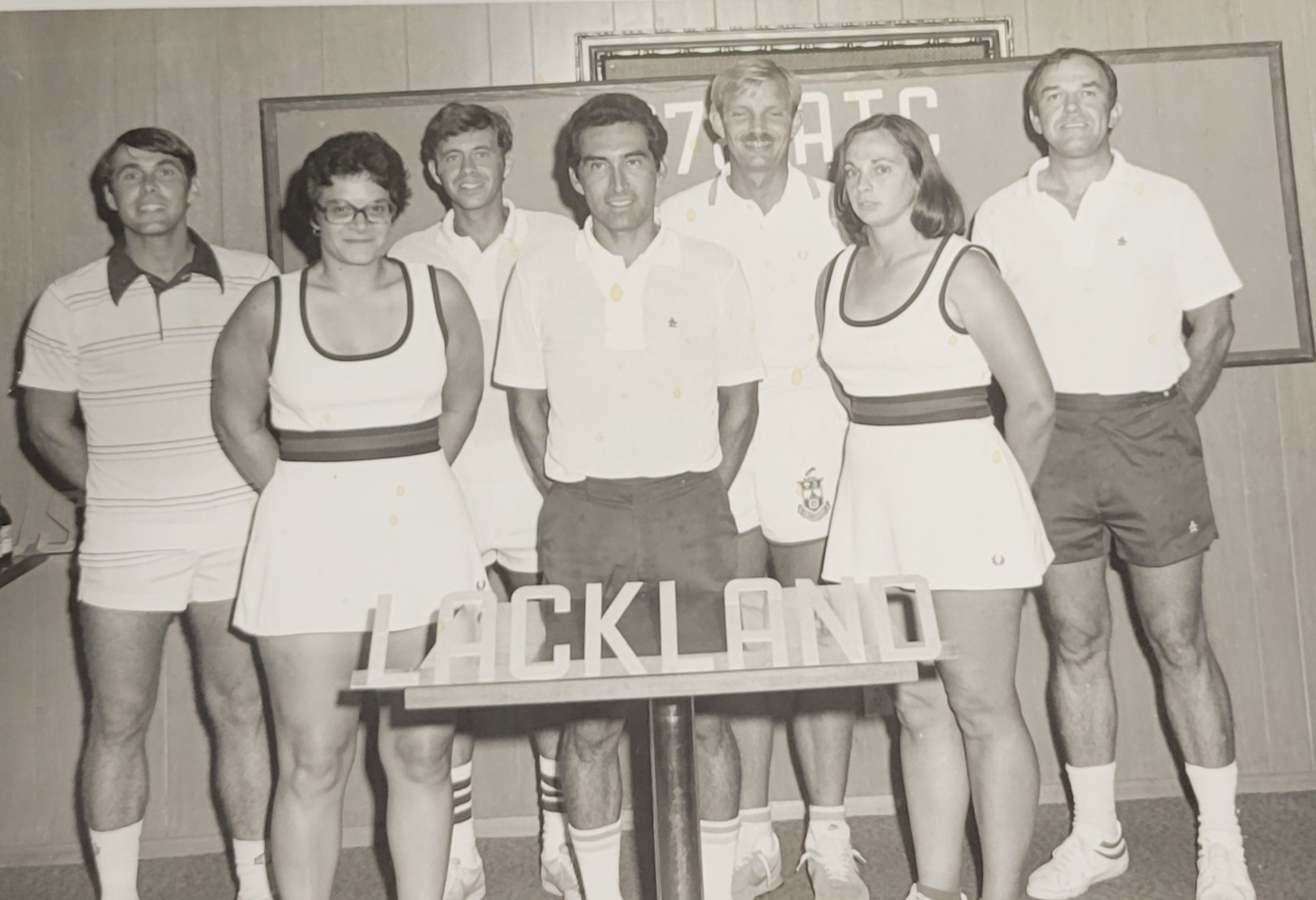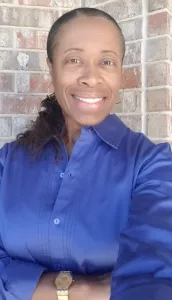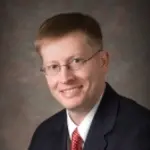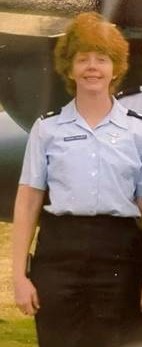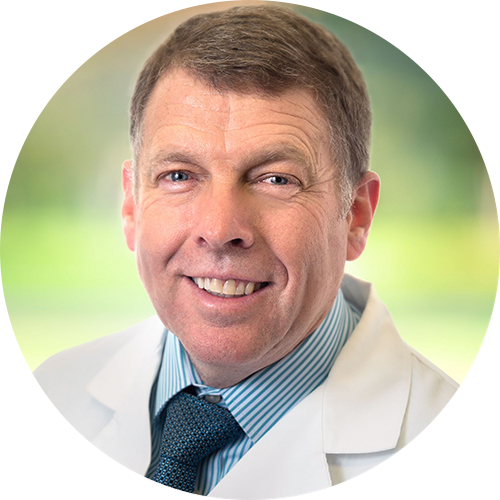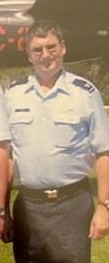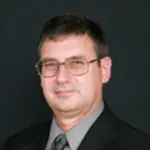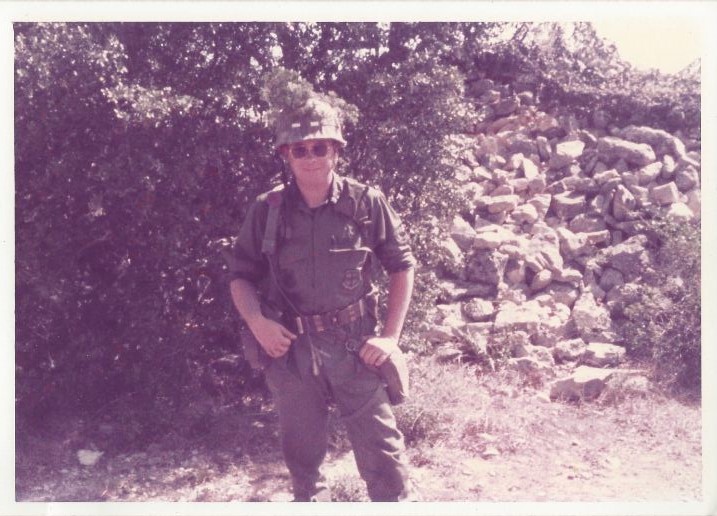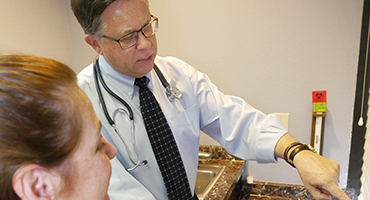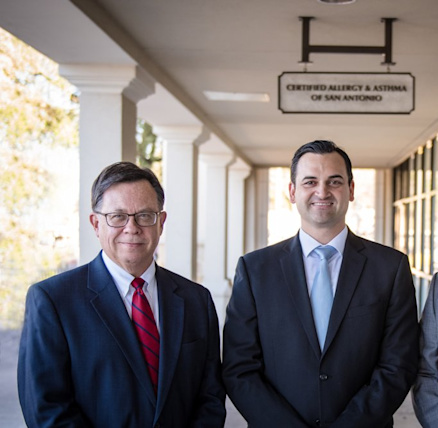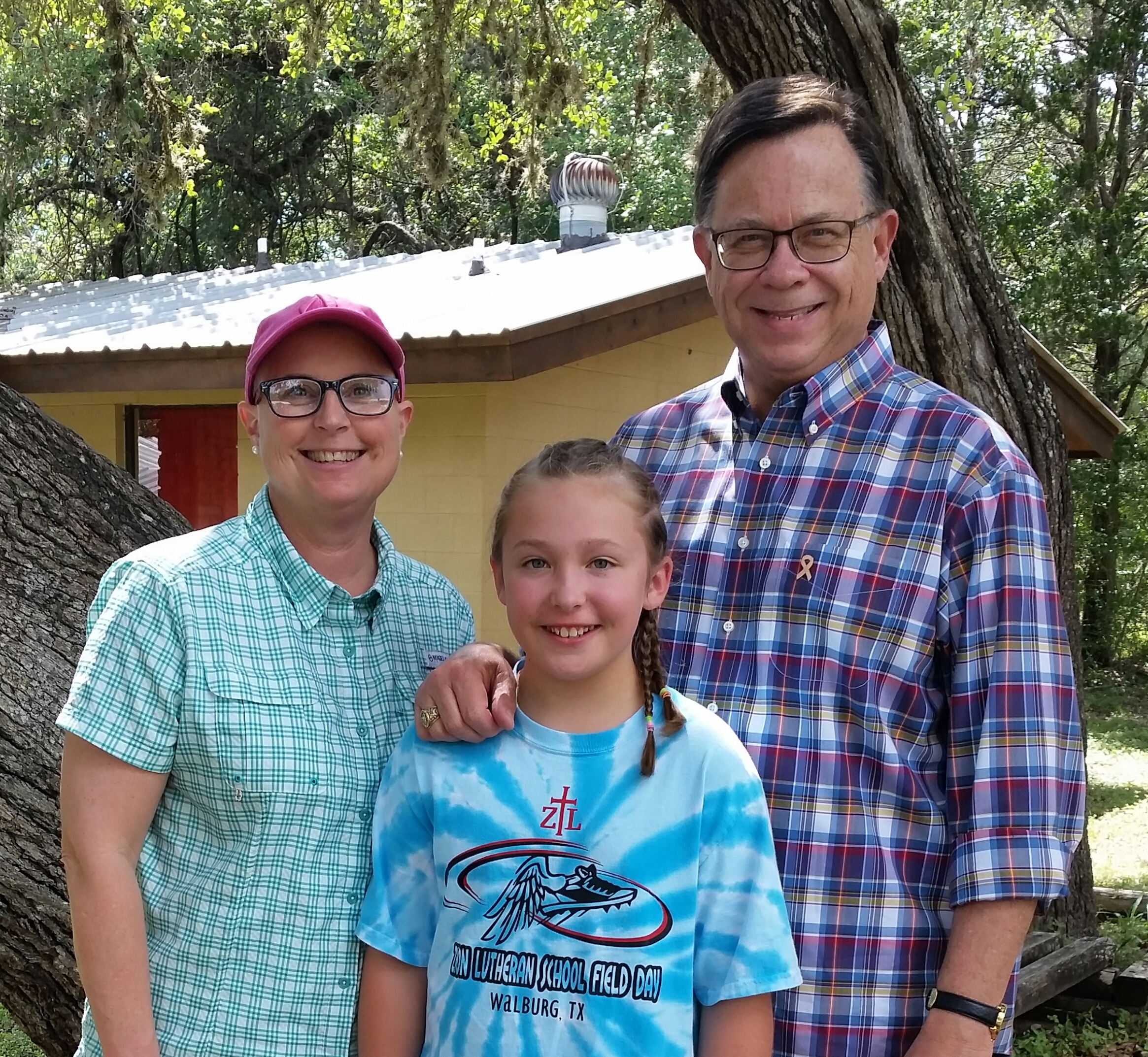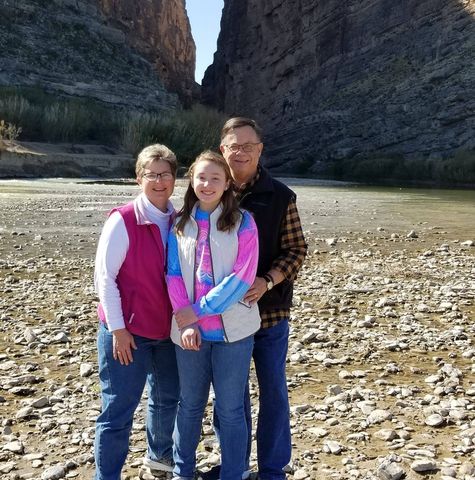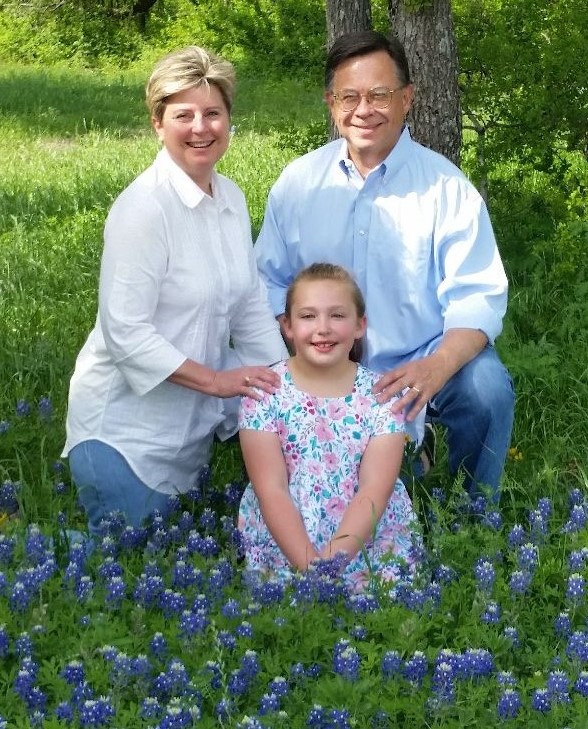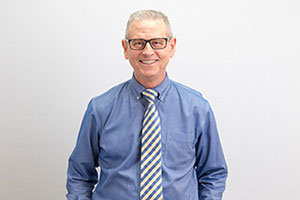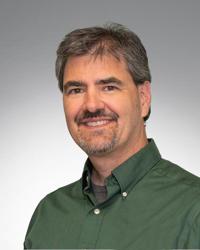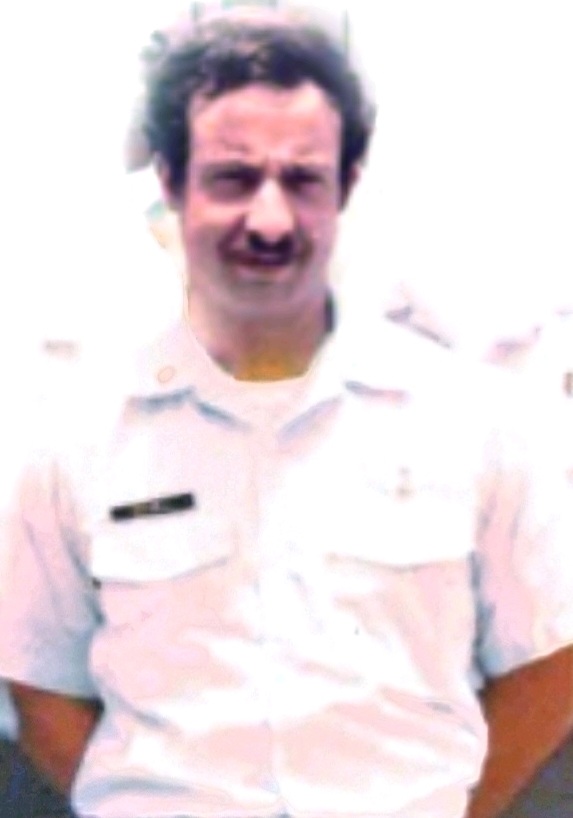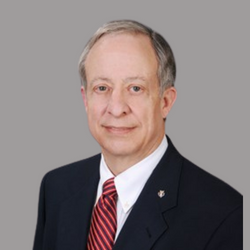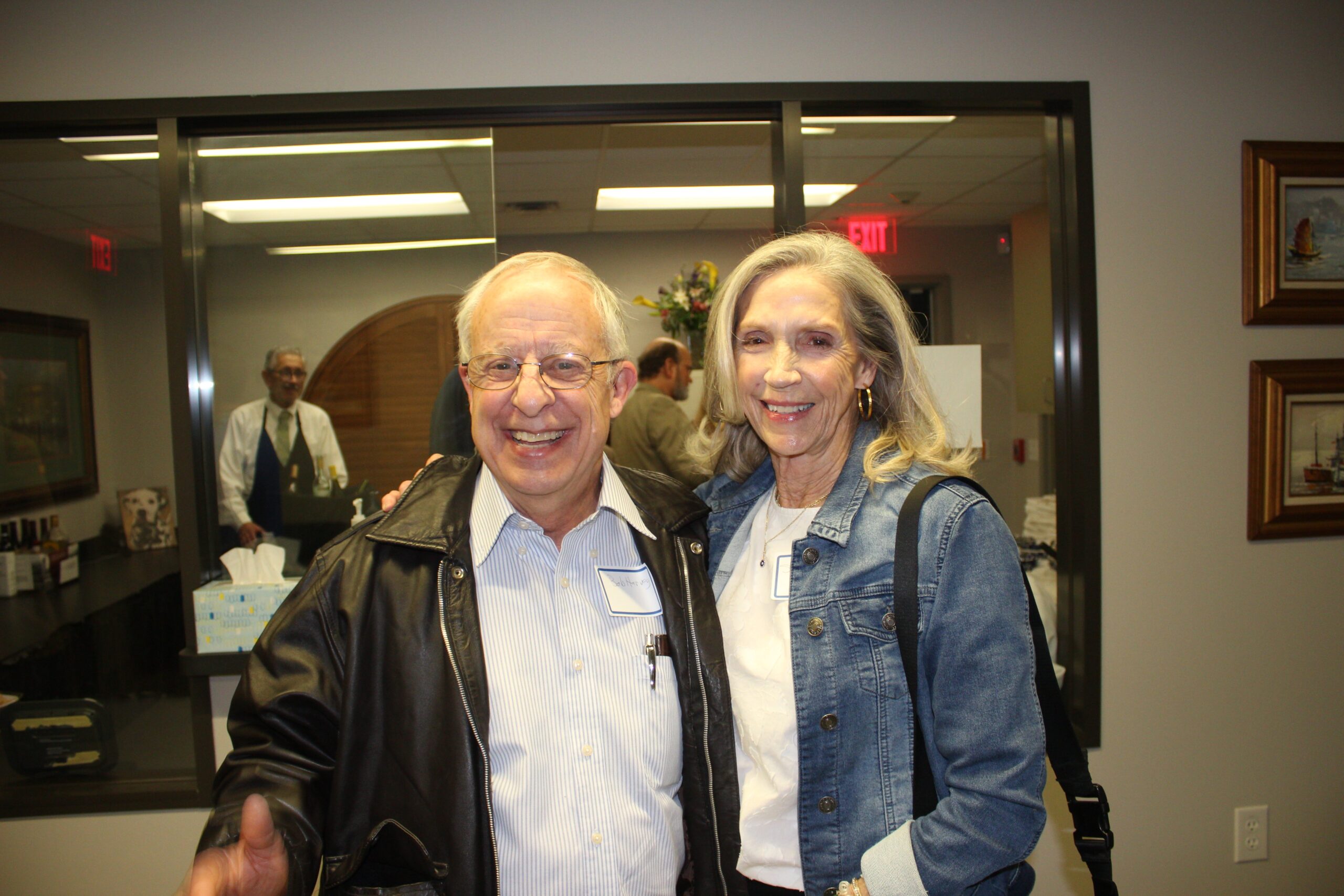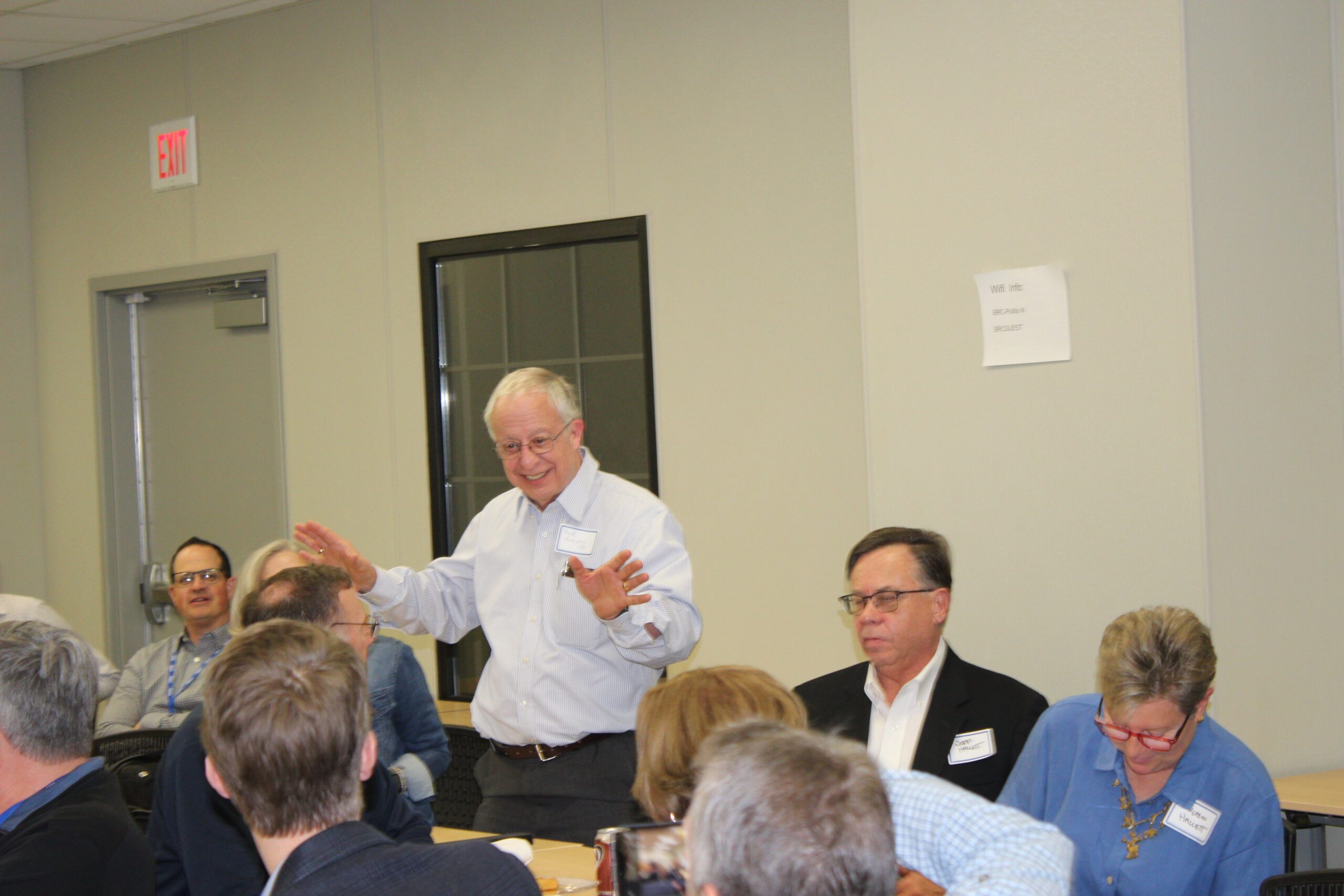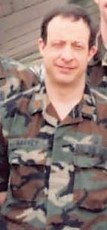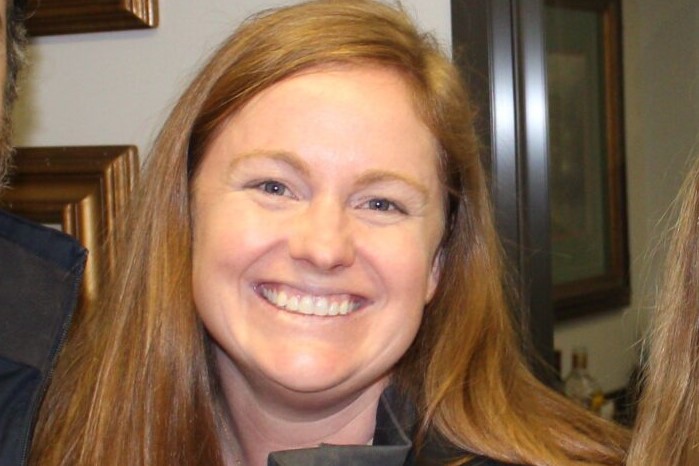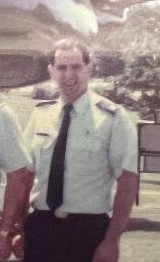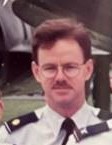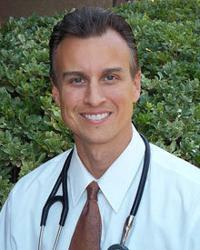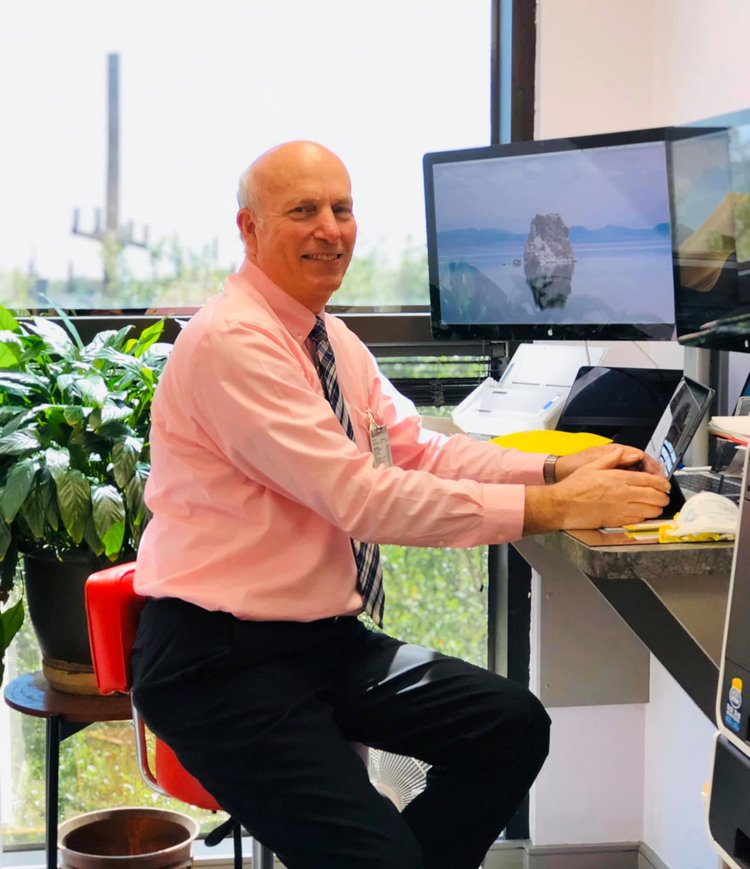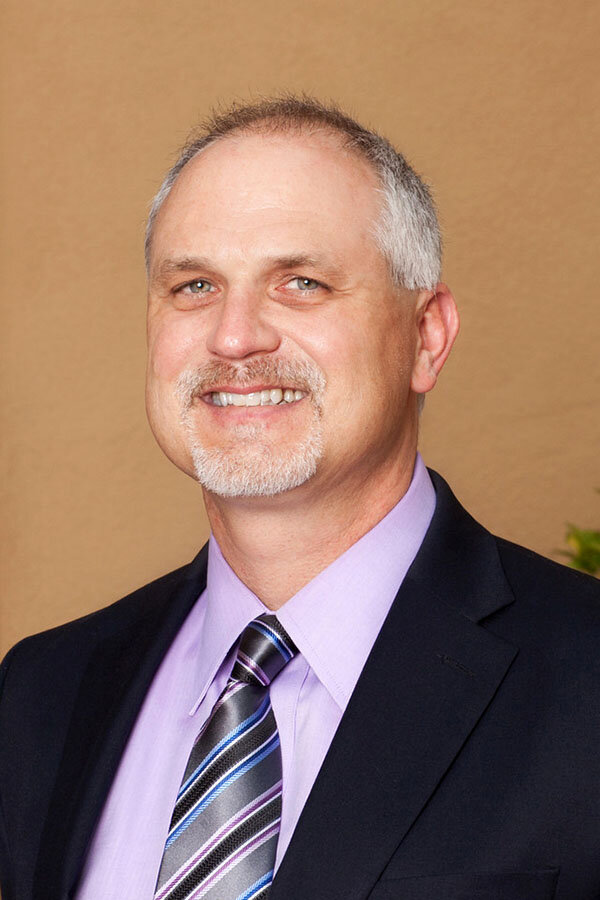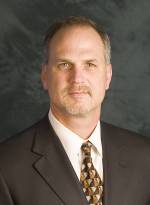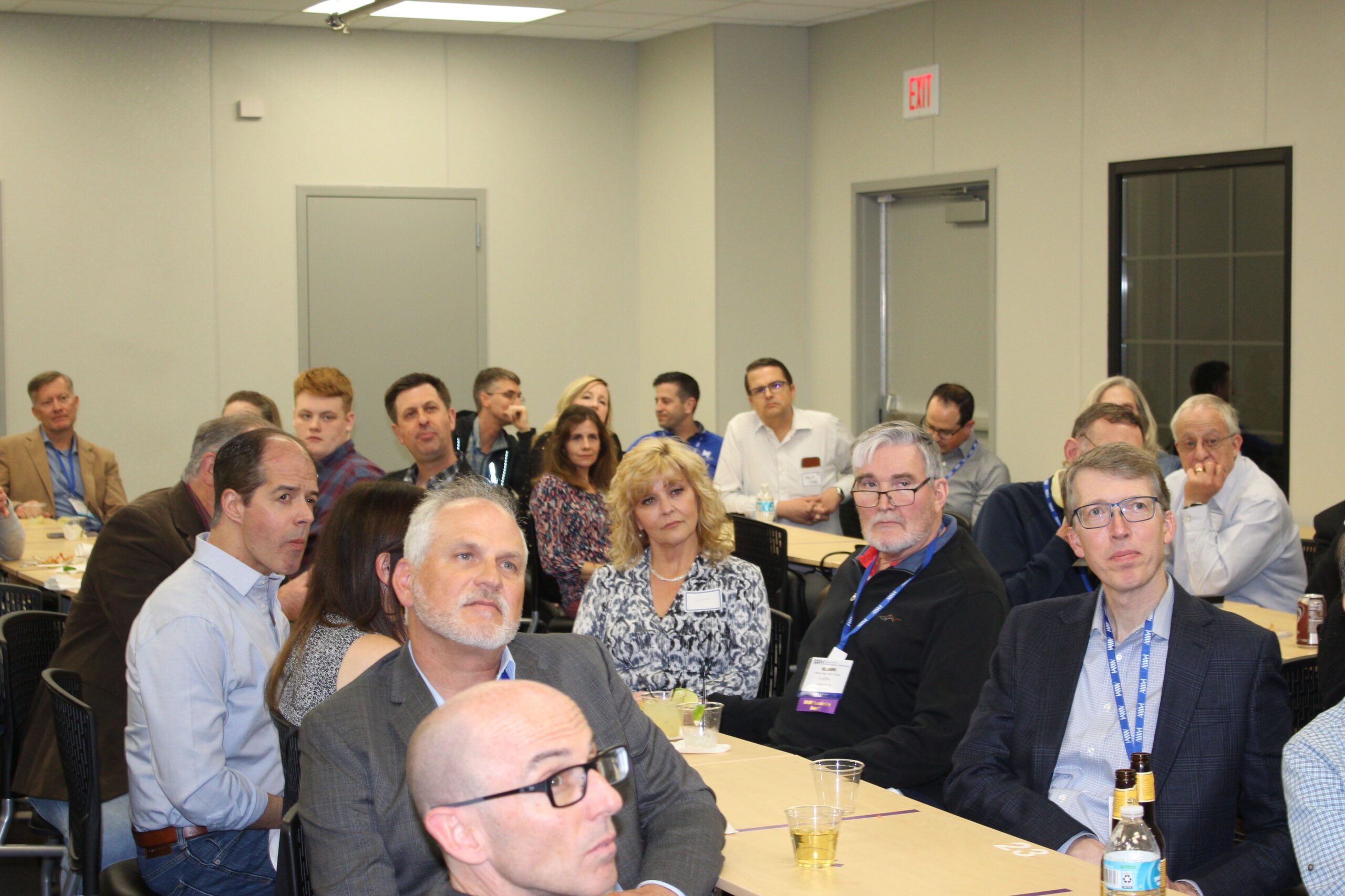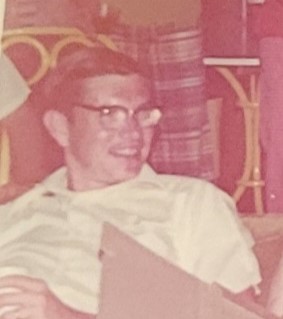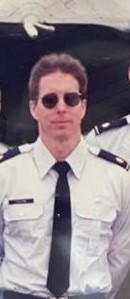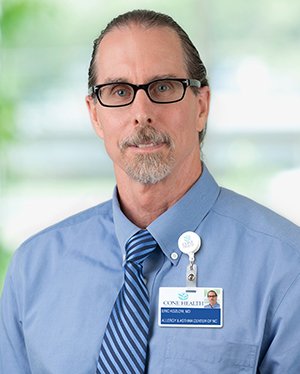Education: BA premedical studies, University of Alabama, 1964 MD Medical College of Alabama, Birmingham, 1968
Training: Rotating Internship, Malcolm Grow, 1968-69 Internal Medicine Residency, Wilford Hall, 1969-71 Fellowship Allergy-Immunology, Wilford Hall, 1971-73
Military Assignments: AFIT, Primary Russian Studies, Syracuse University, 1956-7 Wakkanai Remote Station & Yokota AFB,Japan. Russian Linguist,1957-59 AFIT, Advanced Russian Studies, Syracuse University, 1959-60 AFIT, Cryptanalyst Studies, Goodfellow AFB, TX, 1960 Bremerhaven Germany, Cryptanalyst, 1960-62
Military Positions as a physician: Staff: Allergy-Immunology WHMC 1973-4 Chief: Allergy-Immunology WHMC 1974-84 Training Program Director: Allergy-Immunology, 1974-84 Consultant to the Surgeon General: 1979-84 Special Assistant to the Surgeon General: 1979-84 Society of Medical Consultants to the Armed Forces: 1979 Associate Professor of Medicine: Uniformed Services University of Health Sciences, 1980-84
Post-Military Position: Chairman: Scientific program, Southwest Allergy Forum, 1985Associate Scientist: Department of Virology and Immunology, Southwest Foundation for Biomedical Research 1985-94 Clinical Assistant Professor of Medicine: UTHSCSA, 1980-92 Clinical Associate Professor of Medicine: UTHSCSA, 1992-2000 President & CEO: Immunobionomics Laboratory 1989-2007 Medical Director/Principal Investigator: Biogenics Research Institute, 1993-present Medical Director/Principal Investigator: Biogenics Research Chamber, 2010-present
Awards: Lifetime Achievement Award: San Antonio Business Journal, 2009 Arts and Science Achievement Award: Bexar County Medical Society, 2012
Upon retirement in 1984, Jacobs established a private practice in allergy/clinical immunology and, in collaboration with a pulmonary physician, Charles Andrews, and a PhD pathologist, he started a 40 year ongoing study investigating the environments of patients with idiopathic interstitial lung disease. He established an immunologic reference laboratory in 1990, with Ted Freeman as the director, to support this research effort and to provide immunological laboratory support for other disorders. This project has generated 10 publications concerning environmental causes of this disorder.
In 1993, Jacobs published the first report of an ACE-inhibitor as the cause of angioedema of the small bowel, without throat or laryngeal edema, which mimicked Crohn’s Disease. This was confirmed in the New England Journal of Medicine by a group from Vanderbilt. The radiographs from this paper were used in a gastrointestinal text book.
In 1993, Jacobs, with his adult children, established Biogenics Research Institute which does clinical trials for pharmaceutical and medical device companies.
Jacobs and Daniel Ramirez (Walter Reed Trained) combined their practices in 1996 and added Ted Freeman in 2002.
In 2009, Jacobs, Ramirez, and Andrews developed and built Biogenics Research Chamber. This chamber has a unique antigen delivery and distribution system engineered by Daniel Ramirez. This chamber has been proven vital to mechanistic studies in collaboration with UTHSCSA and Baylor College of Medicine.
In 2009, Jacobs was given a life-time achievement award, by the medical and business community of San Antonio. !n 2012, he was given another life-time achievement award by the Bexar County Medical Society.
In 2012, Jacobs sold his private practice and no longer sees regular patients, however, he continues to do research.
Articles published, in collaboration with UTHSCSA, since 2012, have led to an evolving paradigm shift in drug investigations and mechanistic studies.
In 2022, NIAID awarded our research team a 5 year grant to continue studying mechanisms of allergic asthma.
NOTE: “Jake” Jacobs is one of four “Mustangs” within our ranks of trainees. He initially served at remote sites near USSR’s Border monitoring voice messaging and later served as a Cryptanalyst monitoring USSR’s ICBM and space programs.
Mustang is a military slang term used in the United States Armed Forces to refer to a commissioned officer who began their career as an enlisted service member (completing at least one service obligation contract) prior to commissioning as an officer, a limited duty officer (LDO), or chief warrant officer (CWO).
